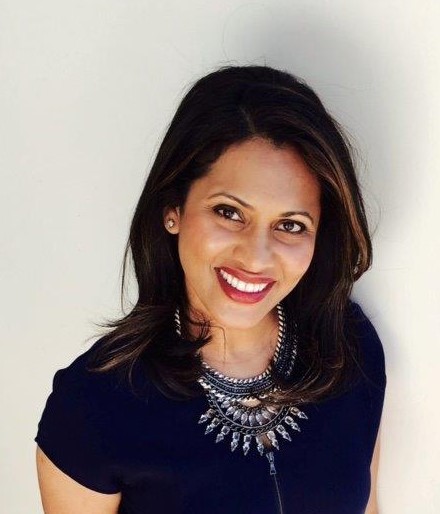Last week, Vermont Sen. Bernie Sanders introduced a “Medicare for All” proposal that would create a single-payer health-care system in the United States. Swapna Reddy, clinical assistant professor in Arizona State University's College of Health Solutions, explains the benefits and drawbacks of single payer, and how likely it is that the country would adopt such a system.
Swapna Reddy
Question: What is single-payer health care?
Answer: When we discuss a “single-payer health-care system,” we are referencing a system by which health-care providers are reimbursed for their services by a single entity — the government — rather than by private insurers. Providers are paid at the same rate, and individuals all receive the same health benefits through that system. All members of a society in which a single-payer model exists contribute to a single pool, and that pool is meant to cover the health services of all other members, regardless of their finances.
Simply having a single-payer system, however, does not completely remove private insurers from the equation as Medicare occasionally utilizes private insurers to act as middlemen between providers and the government.
Q: What are pros and cons of this type of system?
A: The major health-care systems all have their pros and cons, and the “right” approach for any one society is a highly nuanced decision that depends on a country’s social contract with its citizens, foundational principles and relationship with government.
Some pros:
• coverage for all
• overall health-care spending will likely reduce
• overall health outcomes will likely increase
• rate consistency for services
• providers can still offer private services outside of the single-payer system
• existing models in Medicare and Medicaid
Some cons:
• some providers may choose to provide services only through a private-pay system
• does not address provider shortages faced in the U.S.
• generally includes higher taxation
• known to have long wait times for non-emergency services
• increases the role of government
• reduces incentives for innovation
Q: How likely is it that the United States will adopt a single-payer health-care model?
A: With regards to the recent “Medicare for All” bill proposed by Sen. Bernie Sanders, we have seen a dramatic level of support within the Democratic Party in Congress. In the Republican-led Congress and Republican-led White House, however, this bill has a minimal-to-no-chance of passing in the near future. Nevertheless, public support for major provisions of the Affordable Care Act, paired with recent polling, indicates modest increases in the American public’s openness towards this approach. That said, recent polls also indicate that while more of the American public wants increases in coverage and access, less are willing to pay higher taxes to achieve those goals.
So while we are perhaps closer than we’ve ever been, we are still quite a ways away from adopting this system. This remains a highly polarizing issue, and movement either toward single payer or away from it will depend largely on the results of the next presidential election. In the end, the model we land on will likely be a uniquely American solution.
More Law, journalism and politics

How ASU is leading the national conversation on journalism and AI
As artificial intelligence continues to advance at a rapid pace, journalism faces both unprecedented opportunity and profound responsibility.At Arizona State University, those challenges are being…

5 takeaways about artificial intelligence and elections
Next year’s midterm elections are happening at a crucial time in the adoption of AI, with concerns that the new technology could pose threats to the process but also have the benefit of easing the…

ASU dominates Rocky Mountain Emmys, showcasing range of talent
Arizona State University stole the spotlight at the Rocky Mountain Southwest Emmys, walking away with an impressive haul of shiny new awards and plenty of bragging rights.University-affiliated…

